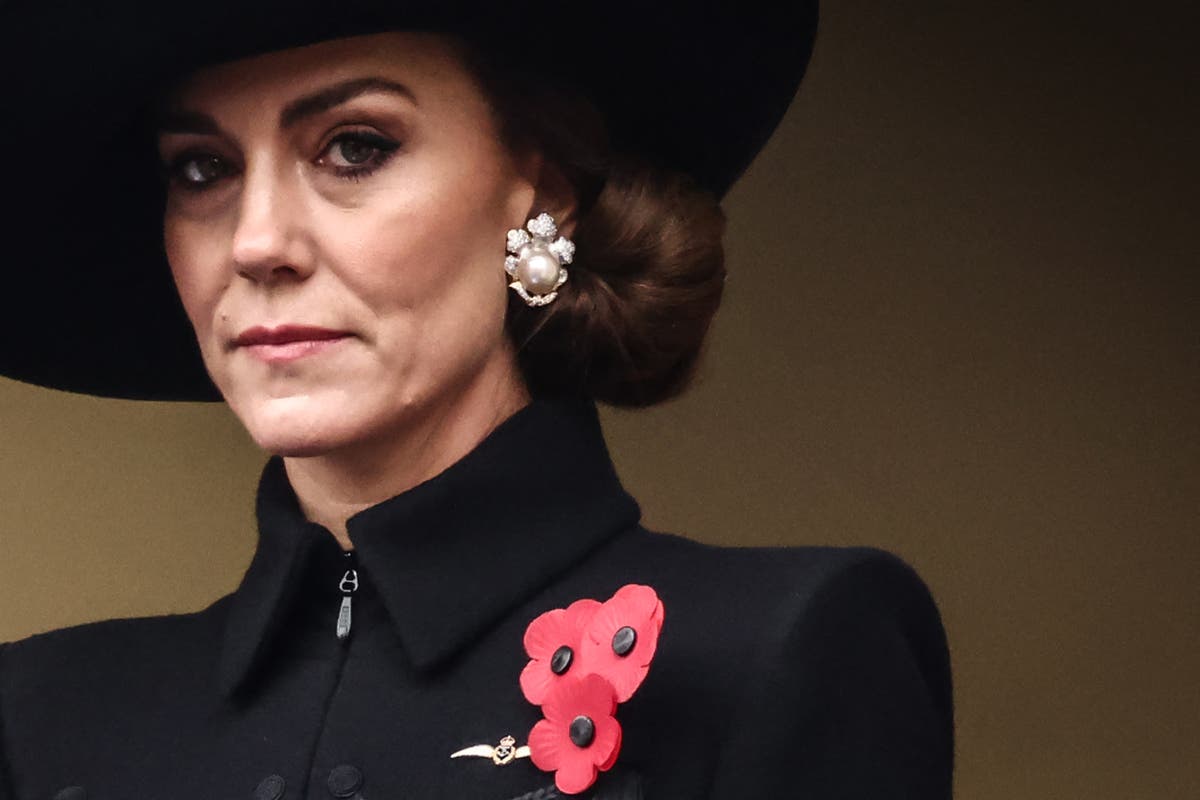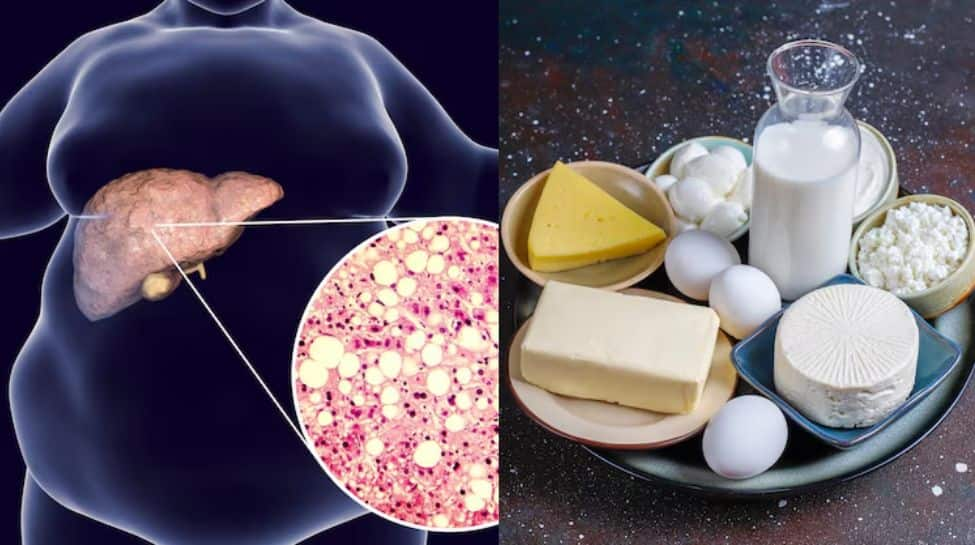This is the fourth novel from Nettel, who, like Laura, lives in Mexico City. Nettel has written in the past — in the autobiographical novel “The Body Where I Was Born” (2015) — about childhood and disability, topics that also animate “Still Born,” but never so directly about motherhood. A woman’s ambivalence around parenting is a familiar theme in recent fiction, but 30-something Laura, in her unapologetic anti-natalism, has little in common with the dithering writer who narrates Sheila Heti’s “Motherhood” (2018) or the exhausted new mother of Jenny Offill’s “Dept. of Speculation” (2014). Through the first third of “Still Born,” Laura would be more at home on the r/childfree subreddit, where some community members are so convinced of their correctness that they call parents “breeders.” But perhaps, the reader thinks, this prickly person will, by the end of “Still Born,” come to desire parenthood — she might even get her tubal ligation reversed and become pregnant. No; the transformation that Nettel explores is much more subtle.
Two children appear in Laura’s life, and she begins to offer them care, without prompting, almost against her will. Inés, the much-desired baby of Laura’s friend Alina, is born with a rare type of microcephaly and needs intensive medical intervention and therapy. Laura, unlike other friends, stands by Alina as she adjusts. Meanwhile, Nicolás, Laura’s 8-year-old neighbor, makes his presence known through violent tantrums. The boy “hurls insults and profanities around,” pummeling the walls of his apartment in desperate fits as his deeply depressed mother lies in bed. Laura begins to do the little jobs of caring for him. She takes him to the park, cooks him dinner, makes and packs his lunch for school.
This is all a bit surprising — the Laura we knew early on seemed more likely to react to Nicolás’s noisy misery by going online to look for a new apartment. But “Still Born” sees that the decision to “have” or “not have” children in one’s life is not nearly so linear. Take Marlene, Inés’s nanny, who at first seems like a godsend, so committed to her charge that she runs back into the family’s building during an earthquake to get the baby’s diaper bag so that Inés can be fed and changed while they’re waiting for the all-clear. Despite this evidence of devotion, Alina comes to bristle at Marlene’s presence in their lives. She resents Marlene’s freedom from the administrative burden of Inés’s medical needs and suspects her of being a pathological caregiver — of taking on baby after baby, then leaving them behind after they grow up a little. But at the end of the novel, Marlene is still around, still caring for Inés, and Alina is happy about it.
Nettel fashions Laura as a unique and confounding narrator, with a voice that’s both judgmental and hyper-perceptive, perfect for delving into the reversals and contradictions of the story. Perhaps Marlene and Laura make for odd auxiliary mothers, with their dubious sense of boundaries, but “Still Born” is a book about the way caregiving can seep, imperfectly, into a person’s life. Such breaches rarely make sense from the outside. It’s Alina who gets the last word: “Whatever has to happen will happen. No one gets out of that.”
Rebecca Onion is a senior editor at Slate.
By Guadalupe Nettel, translated from the Spanish by Rosalind Harvey
Bloomsbury. 207 pp. $26.99
A note to our readers
We are a participant in the Amazon Services LLC Associates Program,
an affiliate advertising program designed to provide a means for us to earn fees by linking
to Amazon.com and affiliated sites.















































